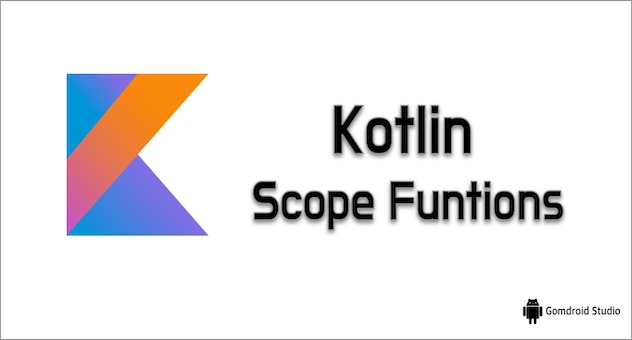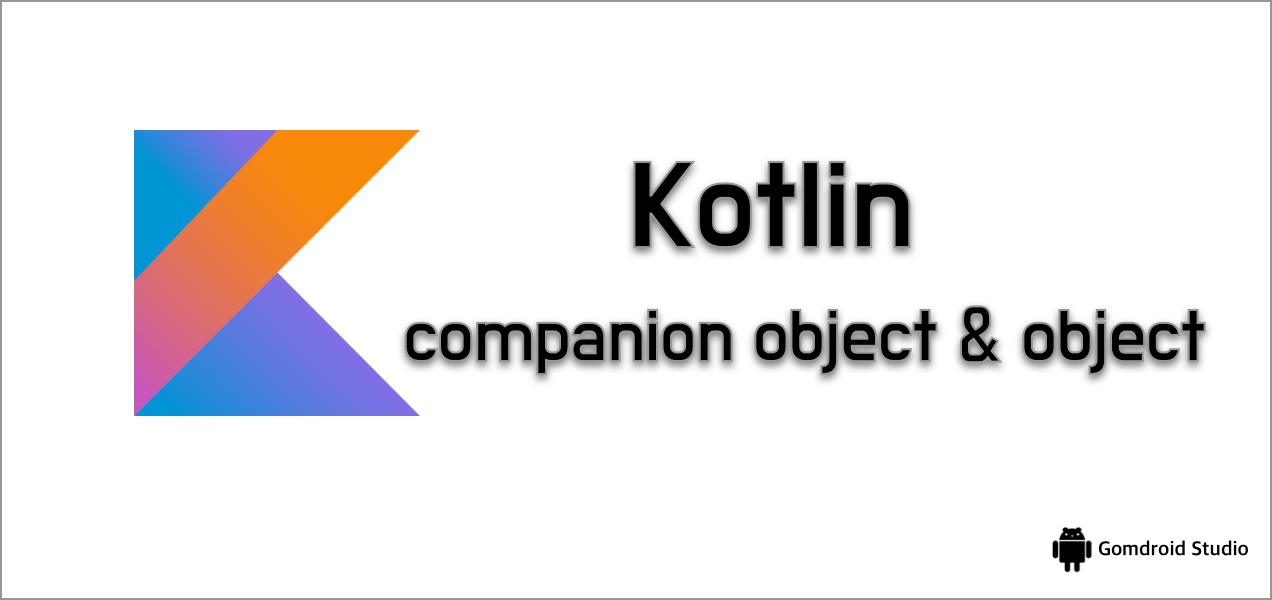🥑
개념 2️⃣ Kotlin Scope Funtions
코틀린에는 특정 코드 블록을 한 객체의 스코프 안에서 실행하고 싶을 때 사용할 수 있는 다섯 가지의 범위 함수(Scope functions)가 있다. 범위 함수는 기술적으로 특별한 점이 있진 않지만 코드를 좀 더 깔끔하고 가독성있게 만들어준다. 5개의 범위 함수는 두 가지의 관점에 있어서 차이점이 있다.
- 블록 안에서 컨텍스트 개체를 지칭하는 방법
- 반환값
위의 두 가지 관점에서 5가지의 범위 함수를 설명하면 다음과 같다.
(1) let
- 컨텍스트 객체가 묵시적으로 it이 되며, it 대신 명시적인 변수명을 사용할 수 있음
- 마지막 표현식의 결과를 반환함
(2) apply
- 컨텍스트 객체는 this가 됨
- 컨텍스트 객체 자신을 반환함
(3) run
- 컨텍스트 객체는 this가 됨
- 마지막 표현식의 결과를 반환함
(4) also
- 컨텍스트 객체가 묵시적으로 it이 되며, it 대신 명시적인 변수명을 사용할 수 있음
- 컨텍스트 객체 자신을 반환함
(5) with
- 컨텍스트 객체는 this가 됨
- 마지막 표현식의 결과를 반환함.
- 함수의 인자로 객체가 필요하다는 점에서 run과 다름
공식 문서1에 5가지의 범위 함수 중 어떤 것을 선택해야 할 지에 대해 가이드가 나와있는데, 그 내용은 다음과 같다.
- 널이 아닌 객체에 대해 코드 블록을 실행할 때 ➡️ let
- 로컬 범위에서 변수로의 표현식을 실행할 때 ➡️ let
- 객체를 초기화할 때 ➡️ apply
- 객체를 초기화하면서 결과값을 계산할 때 ➡️ run
- 표현식이 필요한 실행문일 때 ➡️ run
- 부수적인 효과 ➡️ also
- 객체의 함수 호출을 그룹핑할 때 ➡️ with
널이 아닌 객체에 대해 코드 블록을 실행할 때 ➡️ let
val str: String? = "Hello"
//processNonNullString(str) // compilation error: str can be null
val length = str?.let {
println("let() called on $it")
processNonNullString(it) // OK: 'it' is not null inside '?.let { }'
it.length
}
>> let() called on Hello
로컬 범위에서 변수로의 표현식을 실행할 때 ➡️ let
val numbers = listOf("one", "two", "three", "four")
val modifiedFirstItem = numbers.first().let { firstItem ->
println("The first item of the list is '$firstItem'")
if (firstItem.length >= 5) firstItem else "!" + firstItem + "!"
}.uppercase()
println("First item after modifications: '$modifiedFirstItem'")
>> The first item of the list is 'one'
>> First item after modifications: '!ONE!'
객체를 초기화할 때 ➡️ apply
apply 의 의미 : “apply the following assignments to the object.”
val adam = Person("Adam").apply {
age = 32
city = "London"
}
println(adam)
>> Person(name=Adam, age=32, city=London)
객체를 초기화하면서 결과값을 계산할 때 ➡️ run
val numbers = mutableListOf("one", "two", "three")
val countEndsWithE = numbers.run {
add("four")
add("five")
count { it.endsWith("e") }
}
println("There are $countEndsWithE elements that end with e.")
>> There are 3 elements that end with e.
부수적인 효과 ➡️ also
also 의 의미 : “ and also do the following with the object.”
val numbers = mutableListOf("one", "two", "three")
numbers
.also { println("The list elements before adding new one: $it") }
.add("four")
>> The list elements before adding new one: [one, two, three]
객체의 함수 호출을 그룹핑할 때 ➡️ with
with 의 의미 : “ with this object, do the following.”
value를 return하는 것은 그냥 무시하고, 그루핑해서 쓸 때 사용하기도 한다.
val numbers = mutableListOf("one", "two", "three")
with(numbers) {
println("'with' is called with argument $this")
println("It contains $size elements")
}
>> 'with' is called with argument [one, two, three]
>> It contains 3 elements
객체의 함수나 프로퍼티 이용해서 계산할 때 ➡️ with
val numbers = mutableListOf("one", "two", "three")
val firstAndLast = with(numbers) {
"The first element is ${first()}," +
" the last element is ${last()}"
}
println(firstAndLast)
>> The first element is one, the last element is three
run(this) vs let(it)
fun main() {
val str = "Hello"
// this
str.run {
println("The receiver string length: $length")
//println("The receiver string length: ${this.length}") // does the same
}
// it
str.let {
println("The receiver string's length is ${it.length}")
}
}
run과 it은 둘 다 마지막 표현식을 반환하지만, run은 컨텍스트 객체가 this이고,
let은 컨텍스트 객체가 it이다.
[참고 사이트]
1: 코틀린 Scope Functions 관련 공식문서
 Ella
Ella 
 코틀린의 Class와 Property
코틀린의 Class와 Property